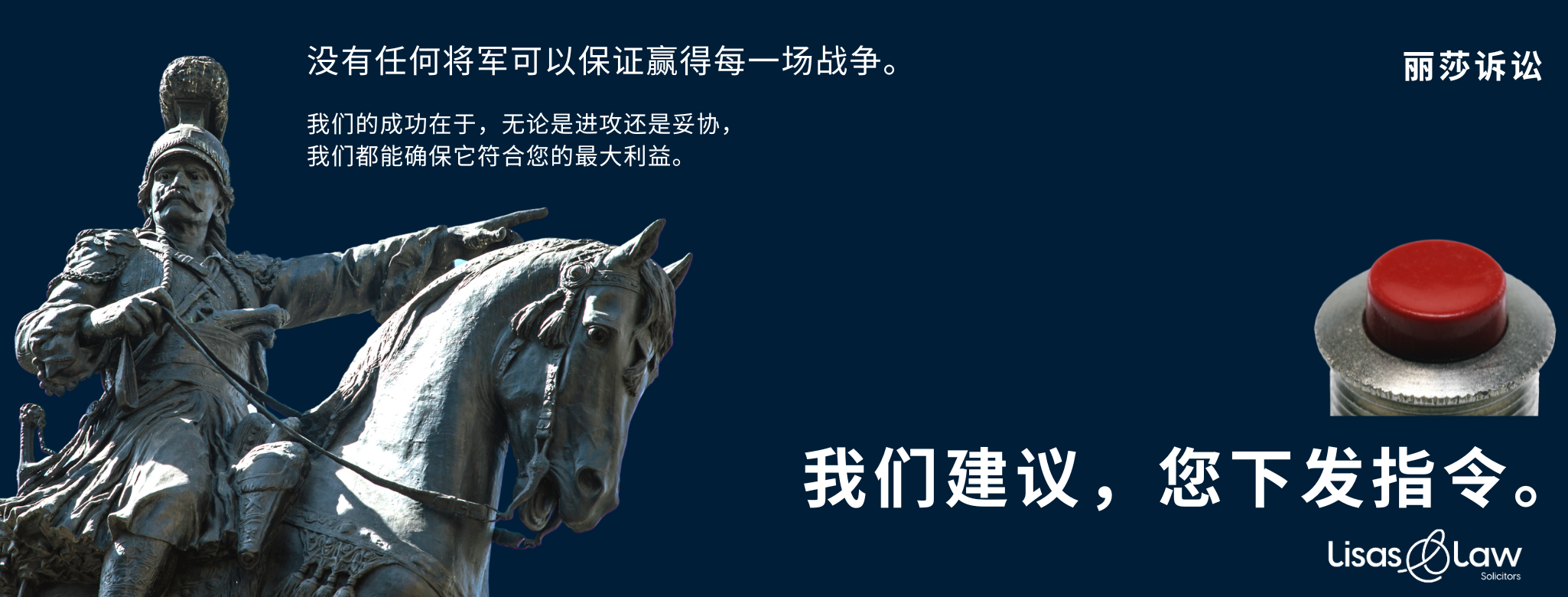近年来,英国街头治安问题日益严峻,从地铁、超市到社区小店,偷盗事件频频发生。曾经让人安心购物的街区,如今常见小偷明目张胆地将商品塞入口袋、衣袖,甚至结伴“扫货”。
据官方数据显示,英格兰和威尔士地区的商店盗窃案件在过去二十年间几乎翻倍增长,每三十秒就有一起盗窃案发生。超市、便利店、化妆品店、电器店等零售业者深受其害,直接经济损失高达每年22亿英镑。
这些问题看似是商家在买单,但实际上,商家最终还是会把损失的利润转嫁到消费者头上,最终受害的是整个社会。
面对猖獗的“零售犯罪”(retail crime),英国警方终于展开了史上最大规模的反赃物交易突击行动——“Zoridon行动”(Operation Zoridon),试图斩断这条将“赃物”流入市场的黑色链条。
“Zoridon行动”:300名警察、120家店、32人当场被带走
“Zoridon行动”由伦敦警察厅主导,动员了超过300名警员,对伦敦120家涉嫌销售赃物的零售店进行了突击搜查。
行动持续了两天时间,共逮捕32人,查获了价值数十万英镑的被盗商品,包括电子设备、化妆品、名牌包袋、手表、音响、耳机、甚至乐高玩具等。警方当场关闭了9家商店,并冻结了相关账户与资金流。
在伦敦东南部奥平顿(Orpington)的一家Cash Converters典当店,警方发现大量疑似刚从附近Curry’s电子连锁店被盗的商品——包括音响、耳机等产品。店内还陈列着手表、皮包、名牌手袋和其他高价值物品。警方在现场逮捕了四人,并在关联地址中搜出价值约7万英镑的现金和奢侈腕表。
在另一场行动中,警方从一家隐藏在墙板后设有暗格的商铺中,发现了多达2,000部疑似手机赃物及超过5万英镑的电子设备。甚至有商店在公开出售标有Co-op、Marks & Spencer、Tesco等超市标签的葡萄酒,而这些零售店显然并非批发渠道的授权商。
也就是说,这些商铺看似正规,其实他们所售卖的商品大多是偷来的“赃物”,他们几乎毫不掩饰地出售那些明显来自其他超市的商品,而这些商品几乎都是通过不法手段获得的。
黑色生意链:从“偷”到“卖”,每一步都有人赚钱
警方经过数月情报搜集,发现大部分商店盗窃案件背后,都存在稳定的销赃渠道。
一些商贩与盗窃团伙建立了固定关系,后者将从超市、药妆店、电器店偷来的商品直接卖给“黑店”。这些店铺再通过二手市场、线上平台或“打折销售”的方式,将赃物流回消费者手中。
这已经形成了一条“黑色生意链”,甚至不是偷来什么就卖什么,而是什么好卖就去偷什么。像是有“订单”一样:想要(卖)哪款电子产品、哪种香水、哪款酒水,偷完立刻送到店里去卖。
对于消费者来说,他们看到的是自己发现了“便宜货”,心中大喜。而实际上,自己已经成为了黑色生意链中的最后一环。
这些“流氓商家”的行为已经不是无知,而是赤裸裸的犯罪。他们通过收购赃物来资助犯罪网络,助长了盗窃行为,并最终推高了所有人的生活成本。
科技反击:DNA标记,警犬立功,让赃物无处遁形
这次“Zoridon行动”中,还有一位特别的英雄:一只叫Coby的黑色拉布拉多犬。
别看它看起来可爱,但它却是本次行动的“功臣”。
行动之前,英国警方和超市早已联合使用一种叫SelectaDNA的高科技手段,他们会提前在一些高风险商品上喷上“合成DNA”标记。
这种DNA肉眼看不见,但每个批次都有独特编码。警方一旦确认编码,就能立刻追踪商品从哪家店被盗、哪天失踪。进而抓捕盗窃者和销赃者。
而Coby就能快速地嗅出被标记的赃物,真相很快就能浮出水面。
这项技术如今成了警方取证的利器,让“赃货洗白”几乎不可能。
别心存侥幸:卖赃物,轻则牌照吊销,最高判14年!
对于许多私人小商家来说,有时候可能会觉得“只是帮人卖几样货”没事,也不清楚商品的来源和供货情况。如果售卖的真的是赃物,那么可能要承担严重的法律后果。
根据《1968年盗窃法》(Theft Act 1968)与《2002年犯罪收益法》(Proceeds of Crime Act 2002):
若你明知或合理应知商品是赃物,构成“处理赃物罪”(Handling stolen goods);
最高可判14年监禁;
店铺可被当场查封,吊销营业执照;
涉案资产可能被冻结或没收。
更糟的是——即使商家明确表示“不知道商品来源”也不一定有用。只要警方能证明“商家应该怀疑”就有可能被冠以罪名,比如:
进货价明显偏低;
商品标签残缺或带着别家超市Logo;
供货渠道模糊不清;
除此之外,地方议会也可以对涉嫌商铺吊销营业执照、关闭场所,并禁止涉案人员重新经营。
华人商铺注意:这些“坑”,千万别踩
丽莎在这里想要提醒那些在英国经商的华人朋友们,尤其经营便利店、杂货店、Cash & Carry的业主,要特别注意以下几点:
1.别贪小便宜:低价货源最危险
所谓“批发渠道”“朋友拿货”,往往是赃物的出口。
只要来源不明、价格异常低,就极可能有问题。
一定要要求发票、供货单、联系人信息。
2.小心“员工代卖”
一些盗窃行为来自内部——员工私下进货或转卖库存。丽莎建议您:
定期盘点库存;
建立进出货登记;
安装监控,防“内鬼”。
3.网上卖二手货也有风险
eBay、Facebook Marketplace、Gumtree等平台上赃物流通频繁。
如果你也在上面卖“二手商品”,一定要保存进货记录,否则卷入调查时,很难自证清白。
4.场地出租也要小心
如果你把店面租给别人,而对方被查出销赃,作为房东也可能被牵连。
建议在租赁合同中写明禁止违法经营,并保留租户身份证明与营业执照复印件。
除此之外,如果怀疑进到赃物,其实也不必惊慌,但千万不要装糊涂,丽莎建议您通过以下方式尽快处置:
立即停止销售:把疑似赃物单独封存,别再摆上货架。
拍照存证:拍下商品、外包装、留存供货方的联系方式。
报警并主动说明:联系当地警局,告知你怀疑被赃物骗入。警方通常会协助调查,不会直接处罚配合的商家。
保留交易记录:银行转账截图、进货聊天记录都很重要。能证明你“无主观故意”,对后续辩护非常关键。
当然,除了自己不销赃,华人商家也要考虑被盗的风险。因此,丽莎建议广大商家:安装高清监控摄像头,并确保视频可保存至少30天;设置防盗报警与标签系统(尤其是化妆品、小电器等高风险商品);投保相应的保险(如“零售盗窃险”或“库存损失险”);与熟悉英国商法的律师建立联系,以便随时咨询相应风险及法律问题。
丽莎小结:合法经营是底线
伦敦警方的“Zoridon行动”说明英国警方已经把目光转向街头盗窃和商店失窃的问题了,不再容忍“销赃成风”的现象,相信未来会把相关技术推广到全英,打击更多不法现象。
对于在英华人商家而言,这既是警示,也是契机。合法经营不仅是遵守法律的底线,更是保护自身声誉与资产的前提。在盗窃频发的社会环境中,主动防范、留存凭证、拒绝可疑货源,才是最稳妥的经营之道。
请谨记:别让便宜货,把你的店铺送上法庭。合法经营是做生意的底线。
当然,如果您在经营过程中遇到任何法律问题,欢迎随时咨询丽莎商法部,我们专业的律师团队会站在您的角度为您出谋划策。
好的,今天的文章就到这边,如果您对于文章内容,或者其他英国法律方面,有任何疑问,都欢迎进一步咨询丽莎律师行。
任何英国税务方面的问题,也可以联系咨询丽莎会计行。
觉得丽莎的文章不错?请不要吝于点赞和转发!您的支持是丽莎继续前进的动力,我们将尽力为莎粉们提供最新最全的实用信息。
> 丽莎律师行 —— 最具国际化视野的英国华人律师行,专精于商业、房产、移民、家庭和诉讼法。<
丽莎律师行联络邮箱:info@lisaslaw.co.uk
联络电话:020 7928 0276
联络微信号:lisaslaw007
扫一扫,《丽莎知道》微信公众号:










